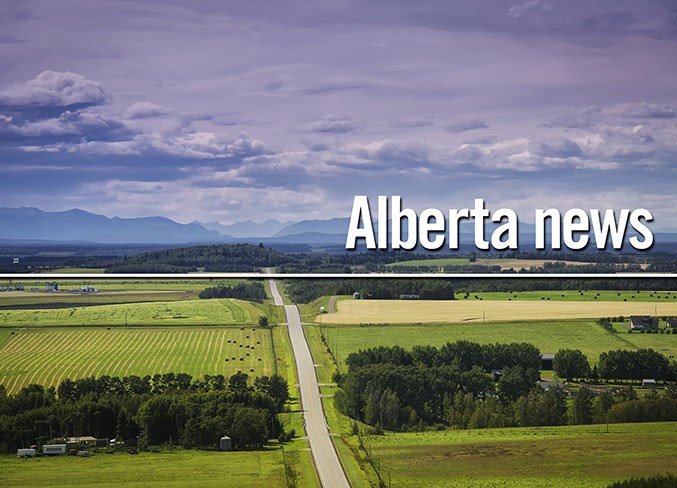St. Albert - In June St. Albert mulled over a 20-year tax hike as the city hasn’t saved up enough cash to repair, maintain, and replace existing infrastructure.
If the city doesn’t raise taxes, it needs to offer fewer services, find alternate sources of revenue, or slow the pace of growth to manage the gap between the money the city has and the money the city needs.
As a result, St. Albert is exploring alternative ways to make money, namely the municipal energy corporation and solar-farm project current before council.
St. Albert is not alone. Other city councils have had to have these same conversations, not only across the province, but across Canada.
The Alberta Urban Municipalities Association said estimates put Alberta’s municipal infrastructure deficit at $30 billion, with communities unable to fill potholes, replace bridges, or fix recreation centres.
The costs associated with renewing or replacing critical infrastructure such as wastewater, water-distribution lines, and bridges can be astronomical and municipal governments rely on property taxes for revenue, which is not enough to fund the replacement of these community necessities.
Larger communities, such as Edmonton, are facing money challenges which were exacerbated by COVID-19 and have been grappling with funding shortfalls for years.
In 2018 it was reported that Edmonton only had $15 billion available of the $19 billion in much needed infrastructure they believe that city will need in the next 10 years.
Just this summer Edmonton moved forward with 16 recommend "re-imagine" actions, which are how it will be re-jigging city services to limit future property-tax increases.
The move will see a reduction in recreation programs offered, a plan for increased landscaping naturalization, and a strategy to improve the financial situation for single-purpose recreation centres. The new Lewis Farms Recreation Centre, on the west end of Edmonton, will contract out once the facility is fully built.
For smaller communities, with small population bases and much less money to work with, the situation can be more dire.
Viability reviews — a provincial process which helps each municipality determine its ability to continue as a municipality — have been on the rise in recent years, with smaller communities such as Grande Cache, Manning, and Cereal (to name only a few), deciding to close shop and join with the surrounding county, or push forward with a strict financial plan from the province.
Paul McLauchlin, president of the Rural Municipalities of Alberta, said in the 14 years he has been a municipal politician, he has seen a rise in the number of communities amalgamating and dissolving because of funding issues.
“And I have every expectation that this will probably increase,” McLauchlin said.
The province has actually created an expedited process for the viability reviews, McLauchlin said, because of the demand and urgency in some situations.
As St. Albert and communities across Alberta face financial challenges, The Gazette will dig into why municipalities are struggling, how they got here, and what factors are putting pressure on their bottom lines, along with provide expert sources and advice from those on the ground to explain how we got here and how to get out in a new series called Bridging the Municipal Funding Gap, which will run in the coming weeks.
Read more from StAlbertToday.ca



